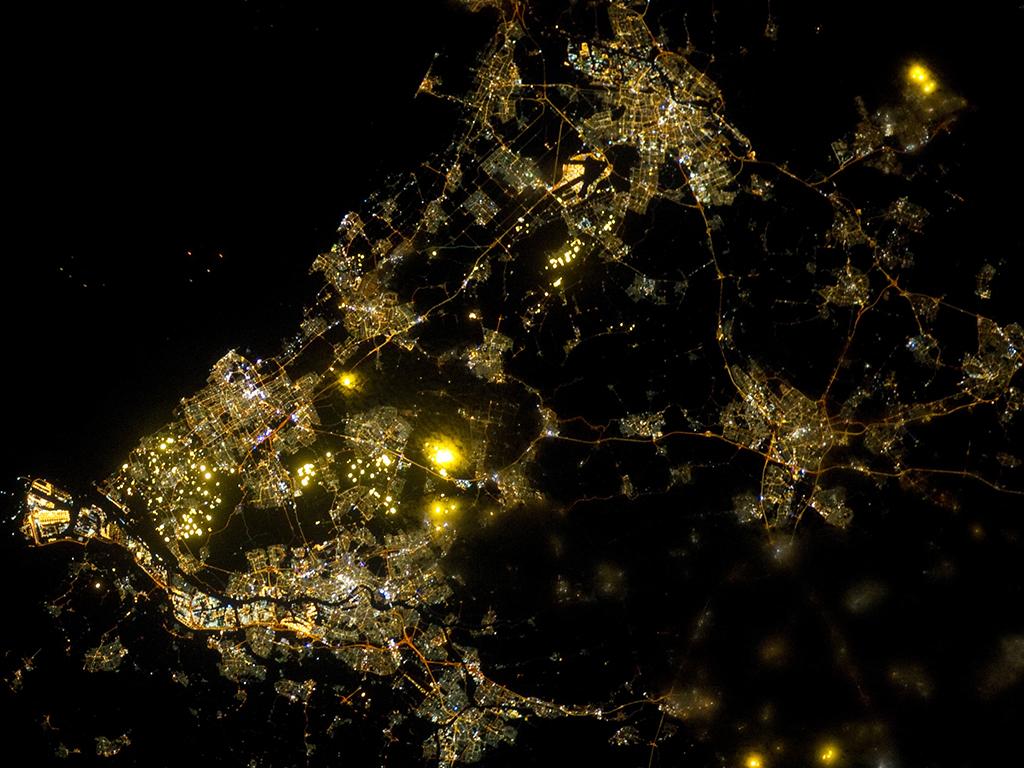In 2050, Europe has to be the first continent that has climate neutrality. This is in Europe's Green Deal. At the core of this debate lies the question what this will mean for our cities: more than half of the world's population is currently living in cities. By 2050, this should be eighty percent of all of the world's population. This poses multiple questions, like how we make sure that cities become climate-neutral, how to re-use resources efficiently, and how do we make sure that cities stay inclusive and safe for their inhabitants?
As part of the High-Level Expert Group on Innovating Cities of the European Commission, Marleen Stikker thought along on this report about the challenges for the human-centered city of the future.
'Our guiding principle is that cities should be more human-centred. This is not just a right, but also involves responsibilities, obligations and duties. To be a city for citizens where citizens become city-makers and shapers, makers and co-creators of their evolving urban development is not an entitlement. It means being an active citizen concerned with the local and European context and with the urgency of the global context.'
Read the report The human-centred city: Opportunities for citizens through research and innovation.
